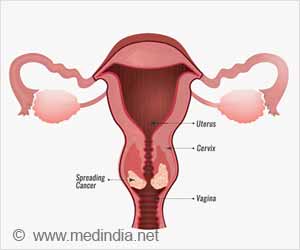Cancer researchers warned at a conference in Spain Monday that an EU directive on limiting magnetic resonance imaging (MRI) could halt use of an important tool in the fight against the disease.
Cancer researchers warned at a conference in Spain Monday that an EU directive on limiting magnetic resonance imaging (MRI) could halt use of an important tool in the fight against the disease.
The directive is set to be implemented across Europe by April next year and was drawn up to limit medical workers' exposure to electromagnetic fields.But Professor Dag Rune Olsen, a specialist in experimental radiation therapy at the Norwegian Radiation Hospital in Oslo, told the European Cancer Conference in Barcelona that the directive could put at risk some eight million annual MRI scans, hampering patient treatment.
"These are likely to have to stop, since the directive sets limits to occupational radiation exposure which will mean that anyone working or moving near MRI equipment will breach them, thus making it possible for them to sue their employers," he said.
"Even those maintaining or servicing the equipment may be affected," said Olsen, who is also chairman of the physics committee of the European Society for Therapeutic Radiology and Oncology (ESTRO).
Britain's Health and Safety Executive published a study in June, undertaken by Professor Stuart Crozier of Brisbane University, Australia, which found that anyone standing within about one metre (yard) of an MRI scanner in use would breach the exposure limits laid down in the EU directive.
EU authorities are now considering amendments to the directive.
Advertisement
In a statement, conference organisers said the directive "will also stop the use of MRI for interventional and surgical procedures, and will curtail cutting edge research."
Advertisement
He said he hoped there could be a delay in the directive's implementation, while also warning against "hasty decisions without scientific support".
Professor John Smyth, president of the Federation of European Cancer Societies (FECS), meanwhile warned that political decisions were harming cancer treatment in Europe.
He cited the MRI directive as an example and said that "(it) looks as though it may stop all MRI scanning in Europe".
"We simply cannot continue to bury our heads in the sand on these issues, which affect doctors and patients alike," he said.
Earlier, the conference heard that the number of elderly cancer patients would likely double from 2000 to 2030, creating "huge challenges" to healthcare systems worldwide.
Source-AFP
GAN/C







